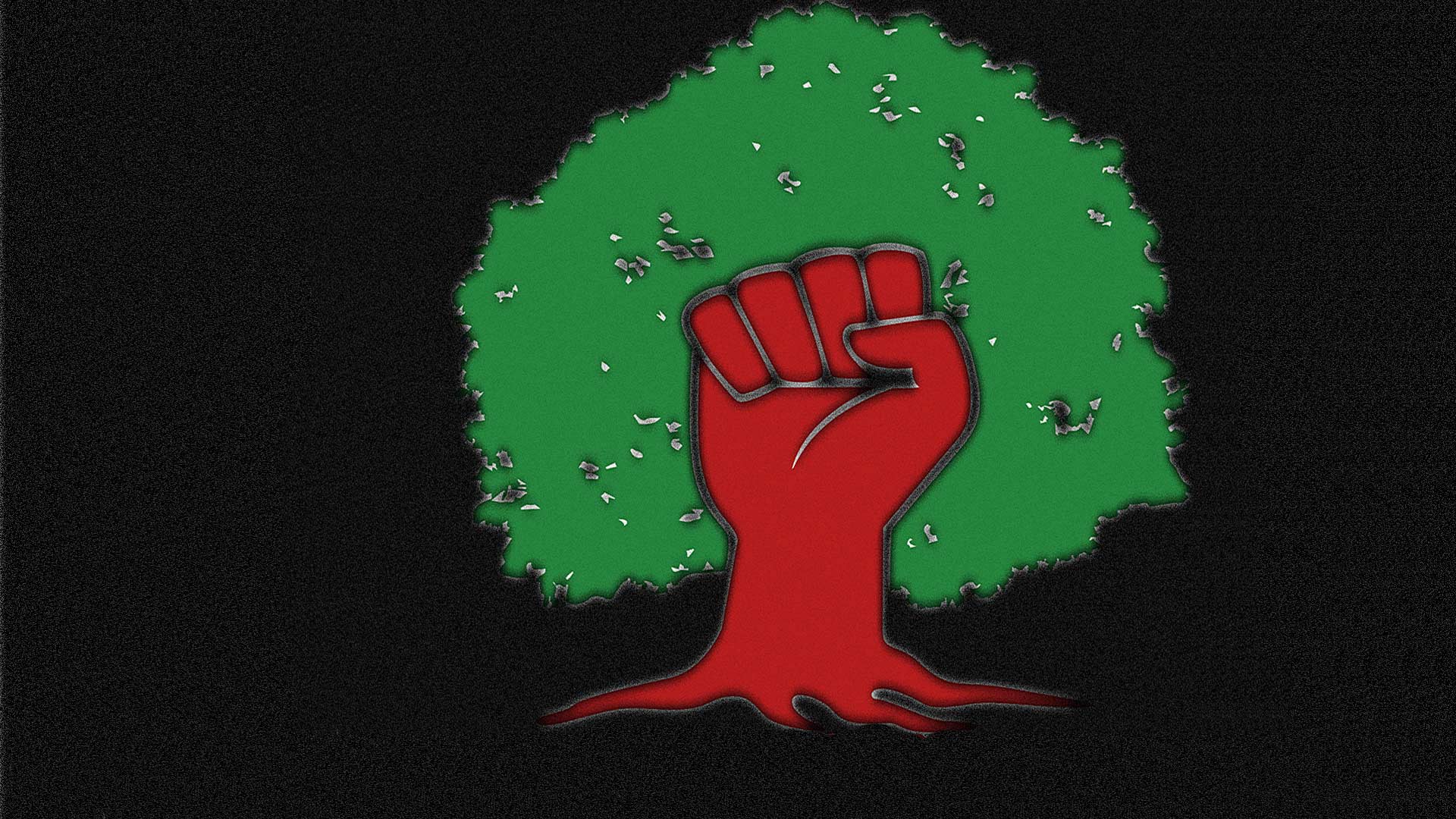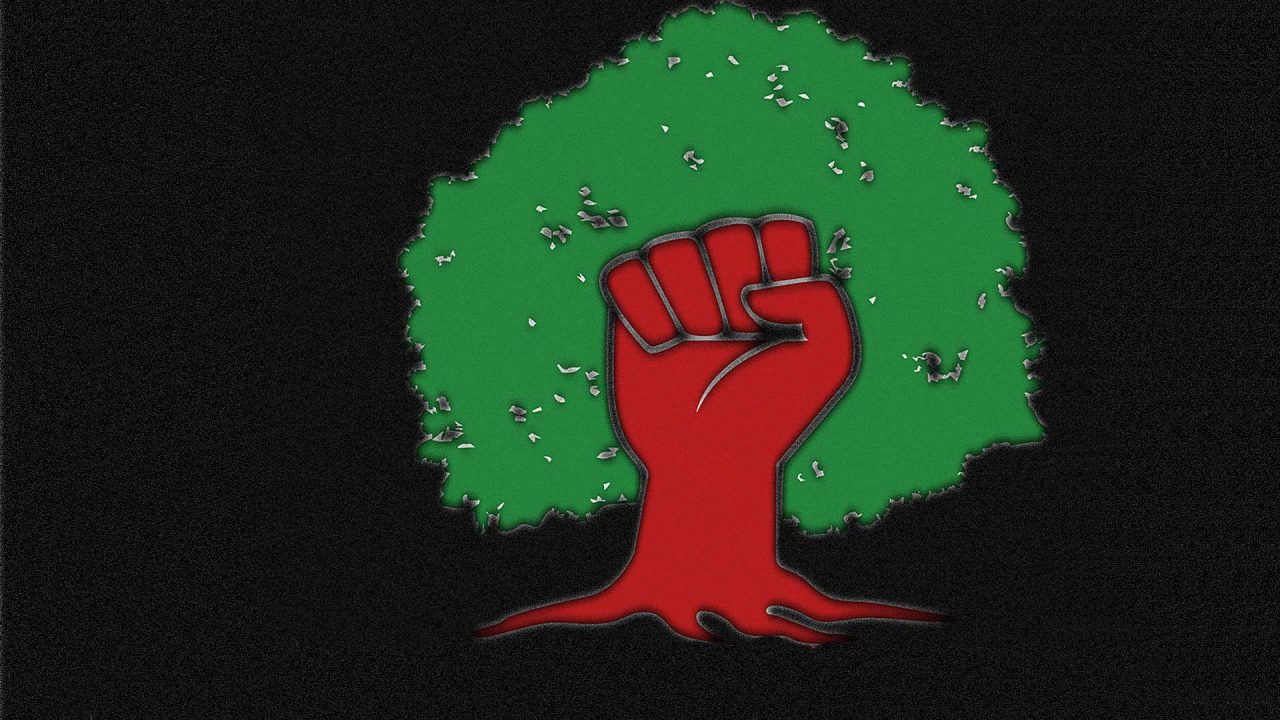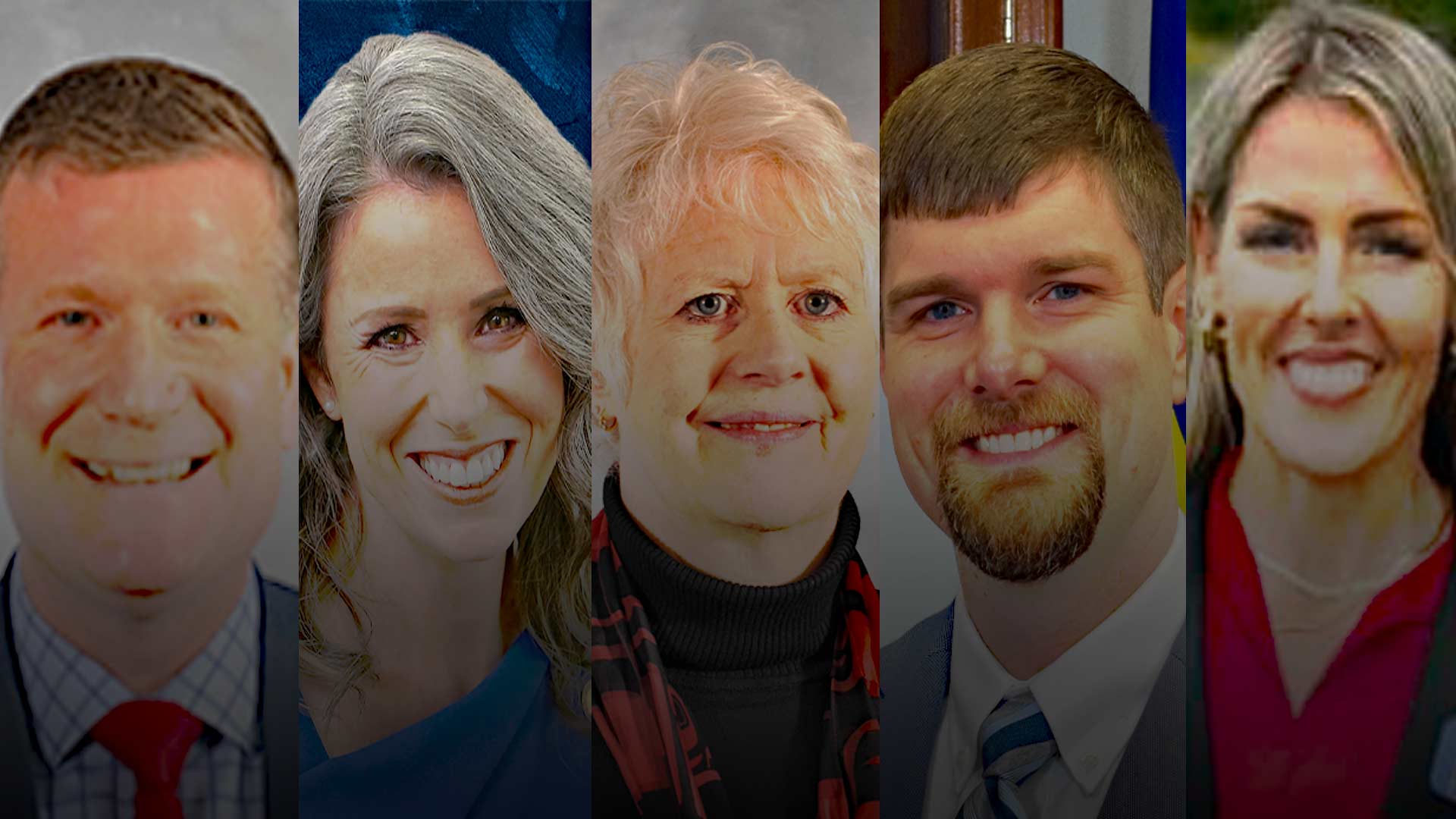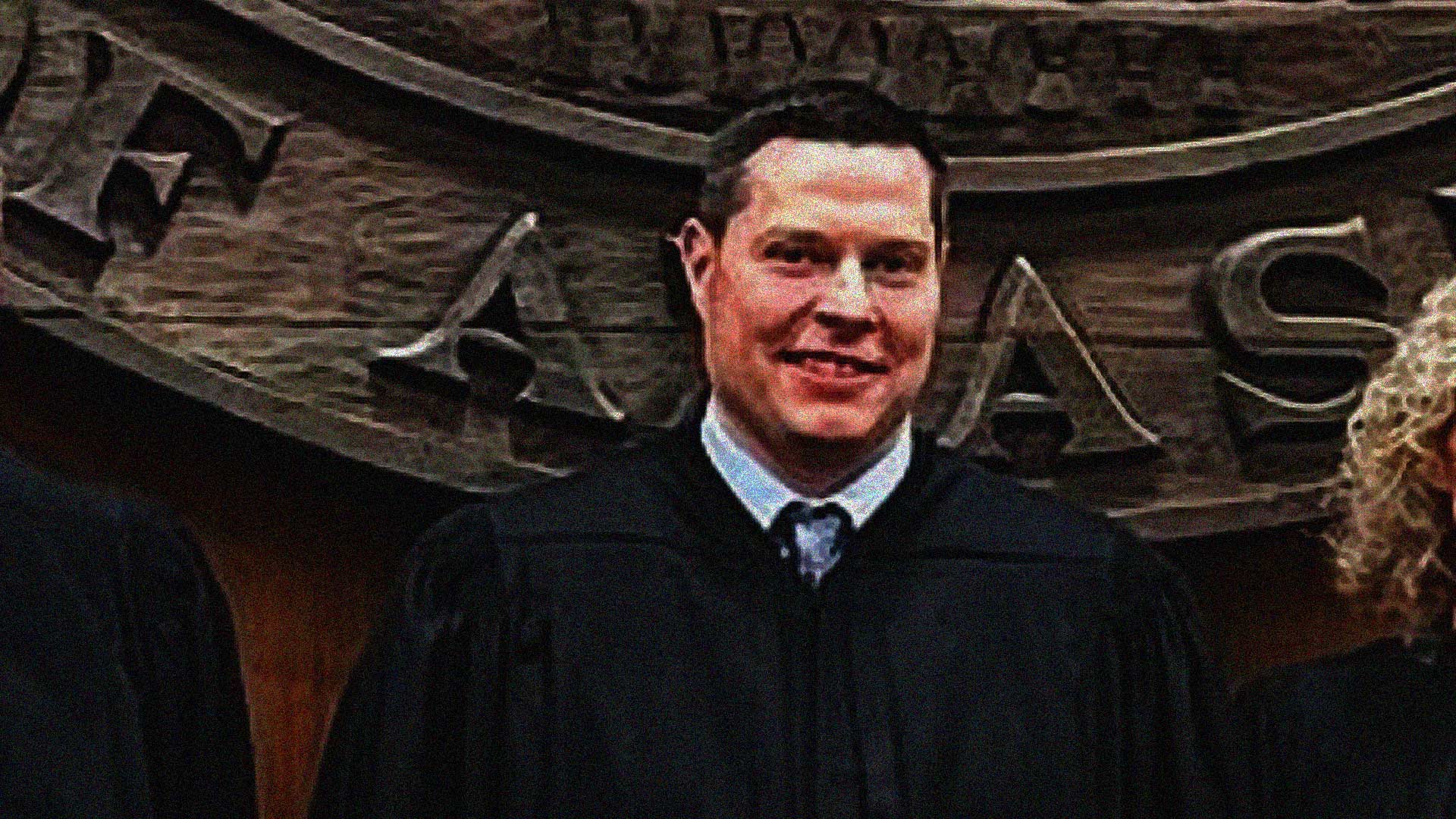
A coalition of climate alarmists and critical race theory advocates are looking to use the still emerging Fairbanks North Star Borough’s Climate Action and Adaptation Plan to impose contentious environmental plans on area residents.

The Fairbanks Borough is in the process of developing its multi-pronged climate plan, which was initiated in 2019 through a borough resolution. After stalling in the wake of Covid, the plan is firmly underway with the next public meeting set for Aug. 13.
The borough has hired a global environmental engineering company, RESPEC, to help develop the plan.
There have already been a number of community listening sessions and planning efforts, in which local environmentalist groups are applying pressure to shape the Fairbanks plan to reflect current models in Portland and Flagstaff. Both cities have imposed climate emergency declarations in order to achieve so-called “climate justice” that focuses on race-based equity schemes.
A major player in the Fairbanks climate plan is a group called Fairbanks Climate Action Coalition. This organization has worked diligently behind the scenes to shape the public listening sessions and advance a radical agenda for the wider borough.
According to the group’s website, it aims to “decolonize” Fairbanks, which includes fundamentally transitioning the region away from fossil fuels.
Given the wide scope of borough oversite, climate activists are hoping the final climate plan will empower the local government to impose sweeping environmental policies.
“Decolonization is the conscious – intelligent, calculated, & active – unlearning & resistance to the forces of colonization that perpetuate the subjugation and exploitation of our minds, bodies, & lands. And it is engaged for the ultimate purpose of overturning the colonial structure & realizing Indigenous liberation,” the group’s website affirms.
The Fairbanks climate plan is limited to the borough’s legal powers, which deal with borough buildings, vehicles, transportation, schools, economic development, pollution control, flood control, libraires, garbage disposal, parks and recreation, utilities, emergency management, solid waste and other areas. The borough also controls planning, platting and land use.
Given the wide scope of borough oversite, Fairbanks Climate Action Coalition activists are hoping the final climate plan will empower the local government to impose sweeping environmental policies.
Tristan Glowa, the organizing director at Fairbanks Climate Action Coalition, wrote a recent article urging her members to turn out for the boroughwide listening session on Aug. 13.
“Regardless of however fast progress moves elsewhere, we here in Fairbanks have both a moral obligation and the people power to demand our local institutions act as swiftly as possible to do our part in this energy transition,” Glowa wrote.
She said the goal is to create “unionized green jobs” and “repair historic injustices.”
“There will never be a point where we can admit defeat, because any extra percent of a degree of warming will always lead to more extreme weather, damaged communities, ecological chaos, and human suffering,” Glowa claimed. “All this is to say that, regardless of how unsettling it might be to see the possibility for congressional action to address climate change during this federal administration in turmoil, local climate movements duty will still be to win every possible action we can at every level.”
She celebrated the recent decision by Golden Valley Electric Association to close down one of Alaska largest coal fired power plants, and urged her followers to pressure the borough to take similar measures across multiple sectors.
To achieve these goals the borough has partnered with a litany of far-leftist social and political organizations to garner feedback on how the climate plan should look.
While the borough’s climate proposal won’t be finalized until later this year, Fairbanks Borough Mayor Bryce Ward laid out the general features in an open letter to the community in April.
He said the plan will focus on borough operations, facilities, policies and practices, and noted that the borough owns over 90 major buildings, most of which are part of the school district, and more than 150 other facilities such as parks, sporting fields, cabins, playgrounds, recreation areas, and the Tanana River Levee.
The goal of the climate plan is to “reduce the borough’s contributions to climate change by lowering greenhouse gas emissions,” and to focus on “making borough operations more sustainable and resilient in the face of a changing climate,” Mayor Ward said.
While he acknowledged that the “current effort focuses on borough operations and facilities,” Ward said the end goal is to “spur and support” additional community-wide action on climate change.
ALASKA WATCHMAN DIRECT TO YOUR INBOX
The very first guiding principle in the Fairbanks borough’s community engagement plan attempts to link environmental policies to elements found in critical race theory.
It claims that low income, disabled, immigrant, elderly, and “black and brown” communities are “more susceptible to the negative impacts of climate change.”
It blames this on “systemic racism, classism and discrimination,” and says any effective climate plan must be explicitly dedicated to achieving so-called “equity, inclusion and environmental justice.”
To achieve these goals the borough has partnered with a litany of far-leftist social and political organizations to help shape the plan. These groups include LGBTQ activists, Big Labor, multiple state agencies, the ACLU and NAACP, along with groups from industry, conservation and wildlife and other sectors.
Approval of the climate plan rests with the seven-member Assembly Climate Action Committee. This group includes one Assembly member, five community members and the mayor. The ACAC is currently guiding the development of the climate plan with support from the consultant planning team, RESPEC.
TAKING ACTION
— Click here to learn more about the Climate Action and Adaptation Plan.
— Click here to learn more about the upcoming community listening session on Aug. 13.








10 Comments
Fairbanks you need to step up to the plate and fight this or you’ll be just like Anchorage a cesspool of a city
Yes because of Bronson and the far right. Fairbanks has to fight to not be like Anchorage
I’ll assume you want Anchorage to look like San Francisco with more used needles lying on the streets and clean up crews to take care of piles of human feces.
I left Fairbanks 3 years ago because it became a cess pool of the right. Ask all the parents who are sending their 6th graders to crammed middle schools because elementary schools are closed because no one will pay taxes. Pretending like it is in a good place is a joke.
Fairbanks is a small town with extremely nice people, clean and civil behaviour. Maybe Anchorage with the street beggers, rising crime, destructive education agenda and increasing violance is more to your liking. If you hated the peace of Fairbanks, then welcome to Anchorage. Maybe in a few years we can become even more extremely corrupt and perverse and reflect your upbringing so you can feel right at home.
Please read “Behind The Green Mask”, by Rosa Koire, available on Amazon. This group of people will completely change Fairbanks and the surrounding area. This group is ushering in, or I should say, extending the reach of United Nations, agenda 21, now called agenda 2030.
Alaska is running out of areas where one can get away from these loons.
Absolutely correct.And when we speak about the UN agenda’s they deam us insane.They want to shut Alaska down bottomline.
I’ve been an Alaskan since the pipeline days, the Fairbanks people I knew were smart, hard working and wouldn’t to let anybody tell them what they should do and how to do it.
The climate has always changed and will continue to do so with very very little help from us. Certainly we should be good stewards but those directing the his movement are far more about power and control, and self grandiosity. It is very cultic.
As for their extreme stretch in putting fossil fuels under the label ‘colonization’, a word re-engineered and misapplied by them, is ludicrous. With that premise everything is colonization. Except maybe what they themselves deem isn’t.
Add also this statement from the engagement plan – “ It claims that low income, disabled, immigrant, elderly, and “black and brown” communities are “more susceptible to the negative impacts of climate change.”. This statement in itself is ‘racist’, a false assumption and completely without fact. More relativism, insanity, illogic, lack of rationality and misguided principals from the left. It is all the same pattern and goal so does make sense these groups would also try to rope in all the other wacky senseless movements to bolster their cause.